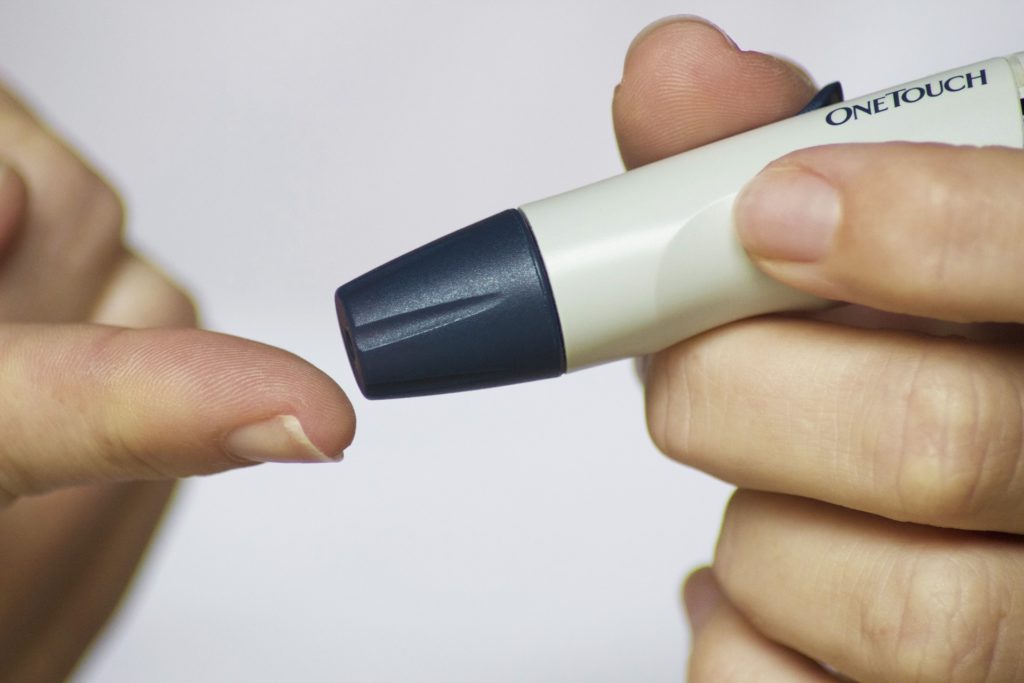“Long COVID” refers to lingering COVID-19-related symptoms that persist for weeks or months, the most common of which are breathing difficulties, fatigue and brain fog, which may be associated with lung, heart and neurological damage. Now, have identified a rise in cases of new-onset diabetes in individuals recovering from COVID-19.
While diabetes is associated with an increased risk of developing severe COVID-19, it appears that the opposite may also be true in that the infection itself may lead to the onset of diabetes.
A report published in the New England Journal of Medicine (NEJM) in August 2020 — followed by several more studies, including one in Diabetes, Obesity and Metabolism in November — reported on the observed link.
Experts are unclear as to why the phenomenon is occurring among some patients. In some of the cases, it may be speculated that patients recovering from COVID-19 may have had undiagnosed diabetes; however, this cannot account for all of the cases being seen.
Related: Moderna’s COVID-19 Vaccine Effective Against New Variants
In the November study published in Diabetes, Obesity and Metabolism, researchers performed a meta-analysis of observational studies with data on the number or proportion of COVID‐19 patients (laboratory confirmed or clinically diagnosed) with newly diagnosed diabetes and looked for associations with COVID-19 infection. The analysis consisted of 3,711 patients across eight different studies. Researchers found that more than one in ten COVID-19 patients (14.4 percent) were newly diagnosed with diabetes after recovering from the infection.
Perhaps an even more perplexing aspect of this diabetogenic effect is the finding that some of the patients developed type 1 diabetes. While type 2 diabetes is associated with inflammation, which could potentially explain the link between a COVID-19 infection and ensuing inflammatory response, the reasons for the onset of insulin-dependent type I diabetes is a bit less clear.
Dr. Jose Aleman, assistant professor of endocrinology at NYU Langone Health, told Business Insider that COVID-19 might be enough to worsen existing metabolic health issues into full-blown type 2 diabetes. He said, “Stressful conditions lead to elevated levels of regulatory hormones that raise blood sugar to aid the body in fighting whatever insult it’s facing, such as illness or injury. For people with underlying conditions, that can be enough to kick them over the edge.”
This could help explain how individuals with prediabetes or pre-metabolic syndrome with comorbidities such as obesity, insulin resistance and high blood pressure could be at a greater risk of developing full-fledged type 2 diabetes after getting COVID-19.
However, it appears that the disease could also have an impact on existing, or new onset of, insulin-related issues that go beyond insulin resistance.
Researchers have found that the SARS-CoV-2 virus, or the body’s immune response to it, can negatively impact insulin-producing beta cells in the pancreas, which could potentially induce the onset of type 1 diabetes.
Dr. Aleman says that the best theory we currently have is that COVID-19 can causes the immune system to overreact and destroy some of the body’s own cells while fighting the virus.
Researchers say it’s too early to make any definitive conclusions about the observations, but it is something that is being closely monitored as a potential effect of long-haul COVID. This is of particular concern as SARS-CoV-2 is being increasingly recognized for causing potentially long-lasting damage to organs including the lungs, heart and now possibly the pancreas.
Given the novelty of the virus and its long-term effects, it’s too early to know how great, and how long, organ damage and conditions like diabetes may last post-COVID.












Join or login to leave a comment
JOIN LOGIN